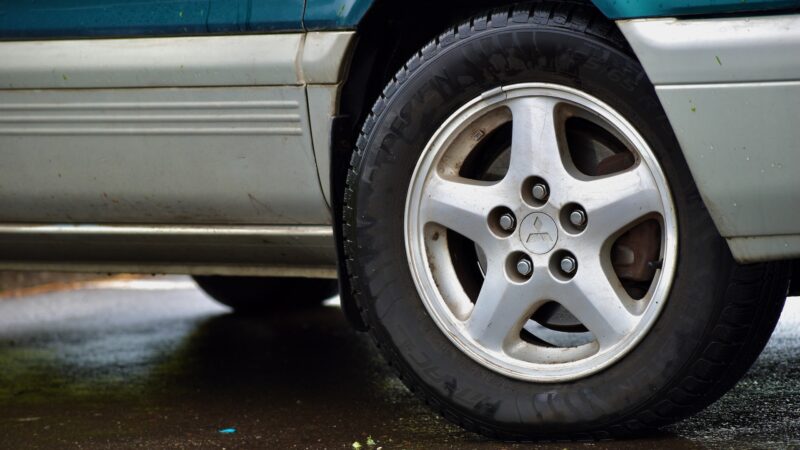Navigating the decision between investing in new tires and opting for used ones can feel like driving through a foggy highway—daunting and unclear. Tires, being the crucial point of contact between your vehicle and the road, demand thoughtful consideration.
New tires promise enhanced performance, safety, and longevity, but they come with a price tag that can send shivers down your wallet. On the flip side, used tires may offer substantial savings, but they come with their own set of risks and uncertainties.
As you weigh your options, various factors come into play: your vehicle type, driving habits, and budget constraints. In this article, we’ll dissect the pros and cons of both new and used tires, ensuring your choice leaves you rolling smoothly down the road ahead.
The Importance of Tire Quality

When considering the quality of tires, its essential to realize that they are the only contact between your vehicle and the road, influencing not just performance but also safety. Quality tires offer superior traction, enhanced durability, and improved fuel efficiency, reducing the risk of accidents in varying weather conditions. A set of high-quality tires can provide better handling and stability, making your driving experience smoother and more responsive.
Conversely, opting for subpar or used tires may lead to compromised performance and increased wear, ultimately costing you more in repairs or replacements down the line. Thus, investing in new, reliable tires is not just a choice; its a critical decision that can safeguard your journey and ensure peace of mind on every drive.
Pros and Cons of New Tires

When weighing the pros and cons of new tires, the scales tip intriguingly in favor of both safety and performance. New tires, crafted with the latest technology and improved tread designs, grip the road better, enhance fuel efficiency, and provide a smoother ride.
They come with warranties, offering peace of mind against manufacturing defects and wear. Yet, there’s a flip side to this shiny proposition.
The cost can be a significant consideration; new tires represent a considerable investment that some might hesitate to make, especially if financial constraints come into play. Additionally, the environmental impact of manufacturing new tires can’t be ignored, raising questions about sustainability.
Ultimately, the decision between new and used tires boils down to budget, driving habits, and the paramount consideration of safety on the road.
Pros and Cons of Used Tires
When considering used tires, a mix of advantages and drawbacks often emerges. On the one hand, purchasing used tires can be a budget-friendly option, often saving you a significant amount of money compared to new ones.
This is especially beneficial for those with older vehicles or for temporary solutions. However, the uncertainty that accompanies used tires cannot be overlooked.
You may encounter issues such as uneven wear, hidden damage, or a shorter lifespan, which could lead to unexpected replacements or safety risks down the line. Furthermore, while a thorough inspection prior to purchase can mitigate risks, it may not always reveal hidden flaws.
So, while the allure of cost savings is strong, the potential for compromise on quality and safety warrants careful consideration.
Conclusion

In conclusion, the decision to invest in new tires or opt for used ones ultimately hinges on your unique circumstances, driving habits, and budget considerations. New tires offer the promise of reliability and improved safety, while used tires can present an appealing cost-saving alternative when selected carefully.
Whichever route you choose, its essential to weigh the pros and cons thoughtfully. If you decide to go the used tire route, make sure to source them from reputable suppliers to ensure quality and safety.
Locations like auto parts St Catharines can be helpful in providing knowledgeable options whether you choose new or used. Ultimately, investing in the right set of tires contributes not only to your vehicle’s performance but also to your driving safety and peace of mind on the road.


